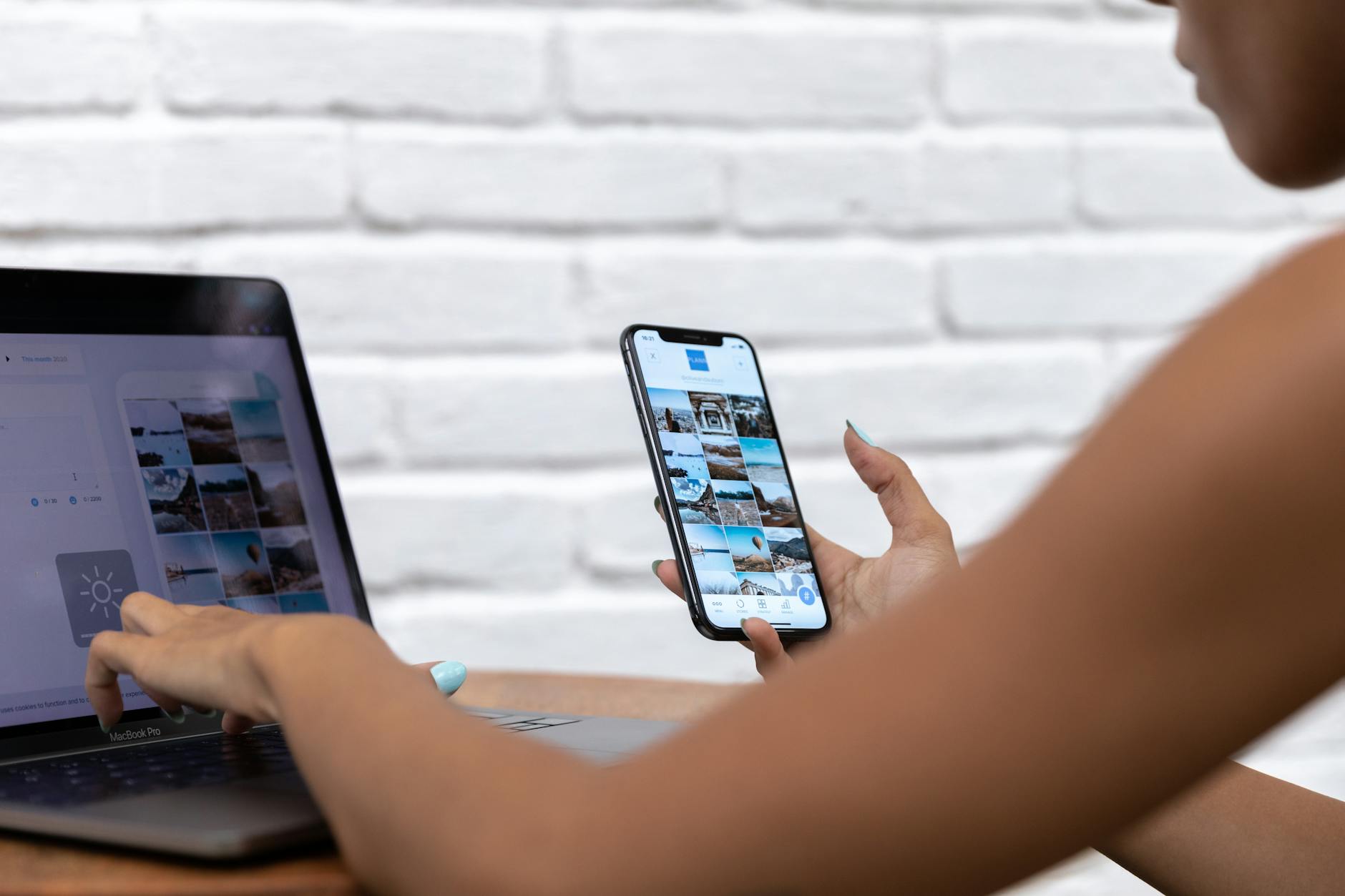Running a modern travel business means juggling dozens of moving parts, leads, proposals, supplier emails, follow-ups, and financial tracking. For many advisors, this means keeping tabs in spreadsheets, CRMs, inbox folders, or even memory. But Kristen Heitman, a travel advisor who transitioned from epidemiology to luxury travel, needed more.
What she found was a streamlined internal ecosystem, built on the ClickUp Business Hub, that allowed her to manage operations, track performance, and scale without sacrificing service.
From Friction to Flow: Why She Needed a System
Kristen was already using a mix of tools: a CRM for client interactions, Google Sheets for tracking leads and revenue, and Asana for internal tasks. But her business was growing fast, and she was outgrowing her systems.
The tipping point came when she realized she couldn’t easily track which leads were converting, where clients were coming from, or how much profit she was making on each trip.
She said, “I quickly learned that I traveled way too much last year. Looking at the numbers helped. The math wasn’t mathing.”
That’s when she adopted the ClickUp Business Hub, built specifically for travel advisors.
Key Use Cases That Transformed Her Business
1. Sales Tracking That Drives Strategy
Kristen uses the sales dashboard in ClickUp to track inquiry dates, deposit dates, and the average time it takes to close a lead. With custom fields and automations, she can see:
- Lead source breakdowns
- Close rate by quarter
- Average revenue per trip
What she discovered was game-changing: 61.5% of her business comes from repeat clients, and another 25% comes from referrals.
“It has allowed me to step back from feeling the pressure of needing to market and grind in that way. I can focus on nurturing the clients I already have.”
She also built custom calculations to track trip yield, comparing the client’s initial budget with the final spend. Once she saw that most clients were under-budgeting, she shifted her sales strategy—leading to a 42% increase from budgeted to actual spend.
2. Centralized Supplier Database
Supplier information is one of the most chaotic parts of a travel advisor’s backend. Kristen used to track vendor details in a patchwork of documents. Now, it all lives in ClickUp.
She categorized suppliers by type (hotels, DMCs, cruises, insurance), tracks commission rates, tags destinations, and logs meeting notes.
“I’ve linked the notes from supplier meetings directly to their contact record. I can tag the hotel, the rep, and see it all at a glance.”
She even created a “Do Not Use” status to flag underperforming vendors and linked her supplier data with her proposal workflows, so she always has context and history.
3. Marketing and Testimonial Automation
Kristen built a client feedback process into her ClickUp workflow. Once a client returns from a trip, they receive a survey via a ClickUp form. Positive responses are automatically routed to her testimonial bank. Then, it gets even better.
“ClickUp AI schedules that testimonial into my marketing content calendar, finds a future gap in my social media plan, and creates a post for me to review.”
This automation alone has saved her hours each month and ensures she’s regularly showcasing client wins without the mental overhead.
Bonus Systems That Streamline Her Day-to-Day
- Priorities View: Kristen uses ClickUp’s “Priorities” to rank daily to-dos and focus only on the highest-impact work.
- Pipeline Management: Every trip goes through a consistent workflow, from inquiry to bon voyage to commission tracking, so no detail slips through.
- Time Tracking: Her team logs hours directly in ClickUp, giving her visibility into bandwidth and support needs.
The Business Impact
Here’s what Kristen gained from implementing the ClickUp Business Hub:
- Clarity on performance: She knows which lead sources convert and which trips are most profitable.
- Efficiency at scale: Her growing team has a clear operational hub to manage every trip, lead, and vendor.
- Marketing leverage: Testimonials and content planning are now automated and tied to actual trip outcomes.
- Confidence: She no longer second-guesses supplier decisions, sales strategies, or internal workflows.
Kristen’s success isn’t just about adopting a new tool. It’s about treating her travel business like a business. With the right systems in place, she’s been able to scale sustainably, work smarter, and deliver exceptional service without burning out. Hear her full story on Tique Talks.






Comments +